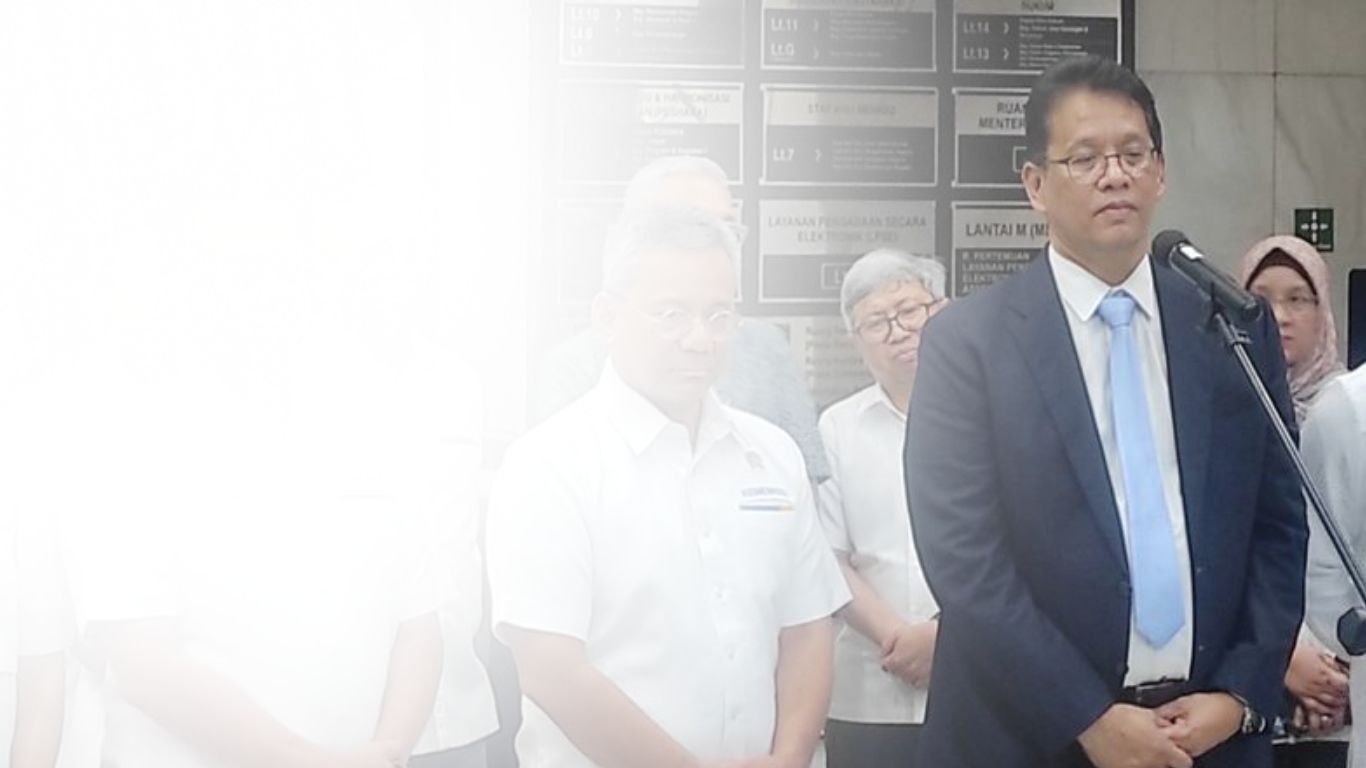Welcome Home, Mr. Minister
On Monday, September 8, 2025, President Prabowo Subianto swore in four ministers and one deputy minister of the Republic of Indonesia to serve the remainder of the 2025–2029 term. Those appointed were Purbaya Yudhi Sadewa as Minister of Finance, Mukhtarudin as Minister of Indonesian Migrant Workers Protection /Head of the Indonesian Migrant Workers Protection Agency, Ferry Joko Yuliantono as Minister of Cooperatives, Mochamad Irfan Yusuf as Minister of Hajj and Umrah, and Dahnil Anzar Simanjuntak as Deputy Minister of Hajj and Umrah (Setkab.go.id, 2025).
To the new Minister of Finance in particular, President Prabowo urged swift action to accelerate economic growth beyond current levels. This aligns with the President-elect’s Asta Cita vision of achieving 8% growth by the end of his term in 2029. But is it realistic for the newly appointed finance minister to deliver such aggressive growth?
Looking back at the past decade, Indonesia’s economic performance has been marked by ups and downs. In 2015, for instance, growth stood at just 4.88%. This was well below Cambodia and Laos, which each recorded above 7% (year-on-year).
By 2016, Indonesia’s growth had inched up to 5.03% (year-on-year), though still trailing behind Cambodia, Laos, Vietnam, and the Philippines. At the same time, however, Indonesia was outperforming Brunei, Malaysia, and Singapore. The country’s growth trends over the past ten years can be seen in the following chart:
Source: The World Bank, 2025
The line chart shows that Indonesia’s economic growth has generally remained in the middle tier among ASEAN countries, moving in line with broader regional dynamics.
That said, a closer look reveals stagnation in recent years. Since the COVID-19 pandemic, Indonesia’s growth has hovered around 5% annually. In contrast, Vietnam, Laos, and Timor-Leste saw much sharper rebounds after the pandemic.
Another persistent challenge lies in Indonesia’s low tax ratio. In 2024, the government reported a tax ratio of 10.08%, down from 10.31% the previous year. This decline occurred despite the government issuing a series of regulations to boost tax revenue performance.
By comparison, Indonesia still lags its regional peers. Thailand recorded a 17.18% tax ratio in 2022, while Vietnam and Singapore stood at 16.21% and 12.96%, respectively (Infobank, 2024).
Whoever serves as finance minister, these challenges form part of the heavy homework Indonesia must tackle amid global economic uncertainty and ongoing geopolitical tensions. For now, we extend a warm welcome to the new Minister of Finance. May your work bring prosperity and fairness to Indonesia.
References
- Setkab.go.idPresiden Prabowo Lantik Empat Menteri dan Satu Wakil Menteri Kabinet Merah Putih
- The World BankGDP growth (annual %)


